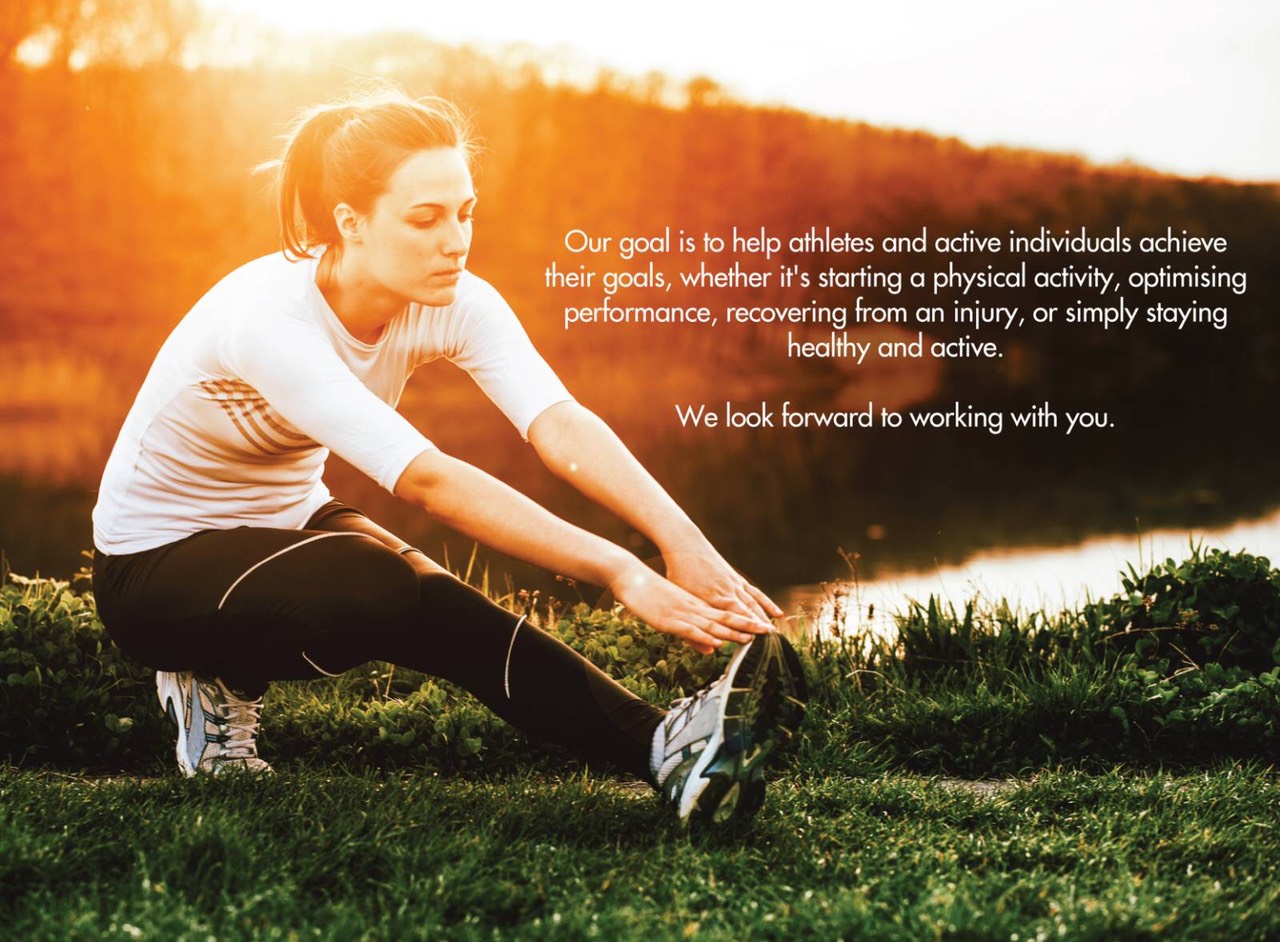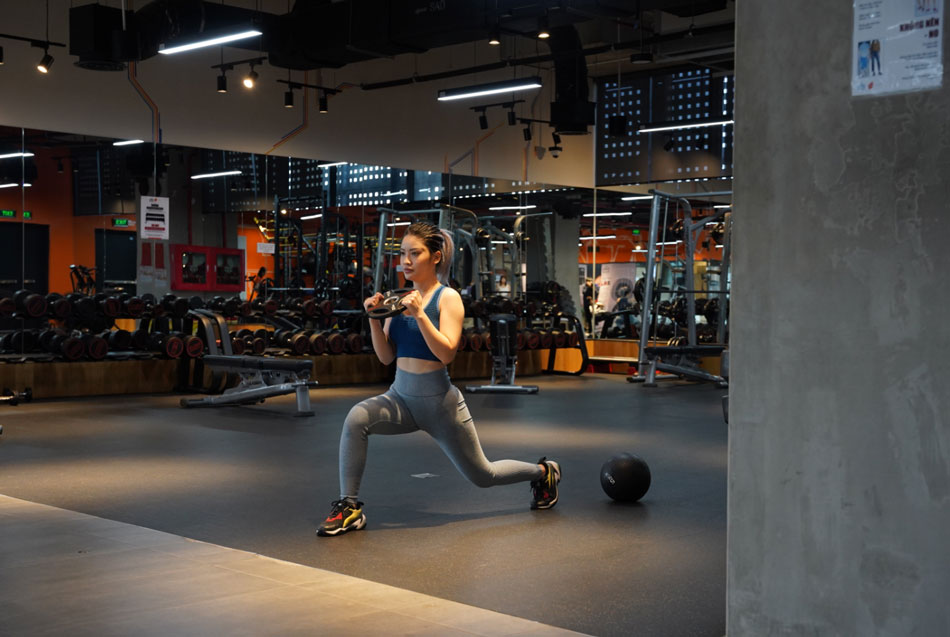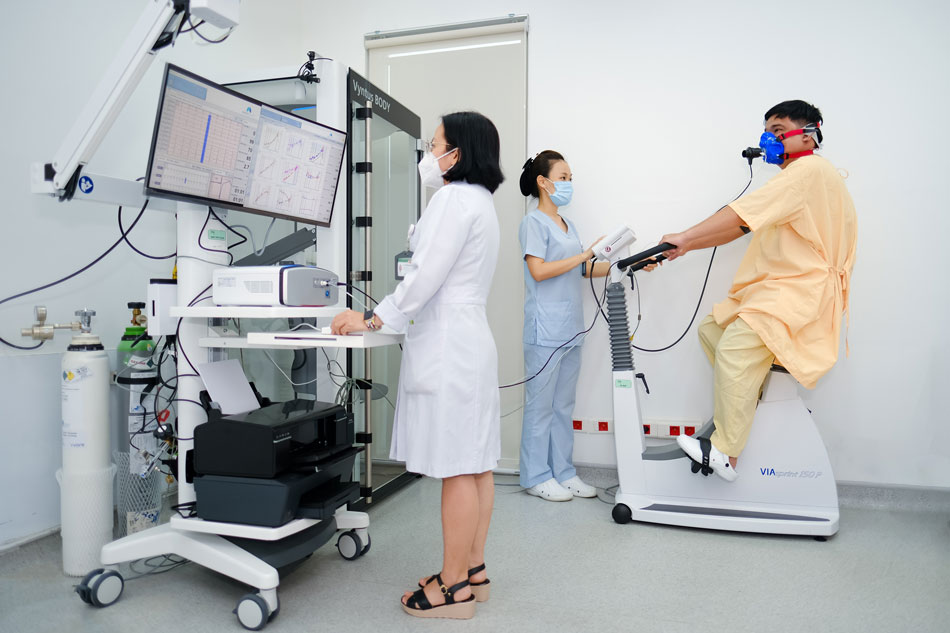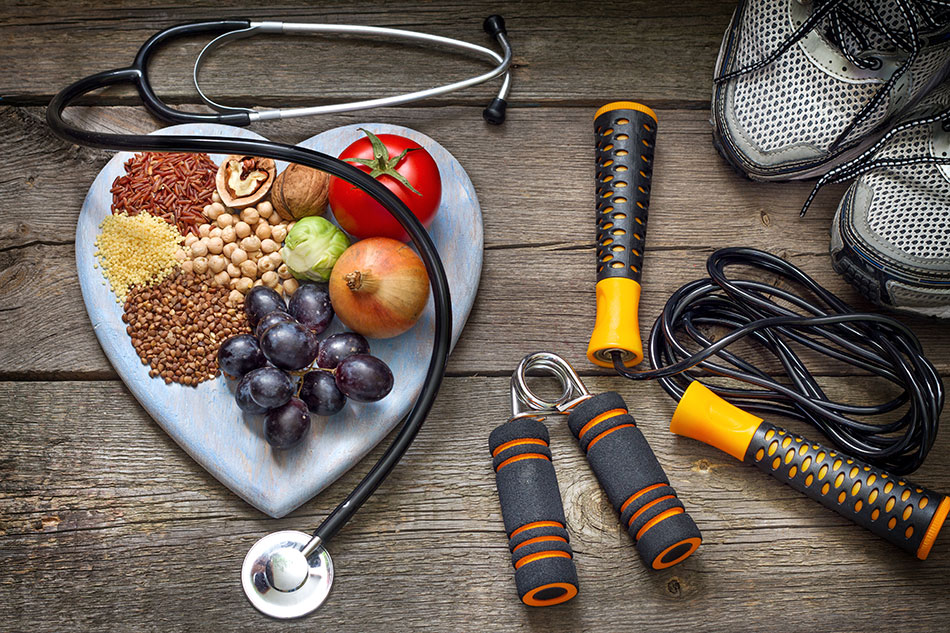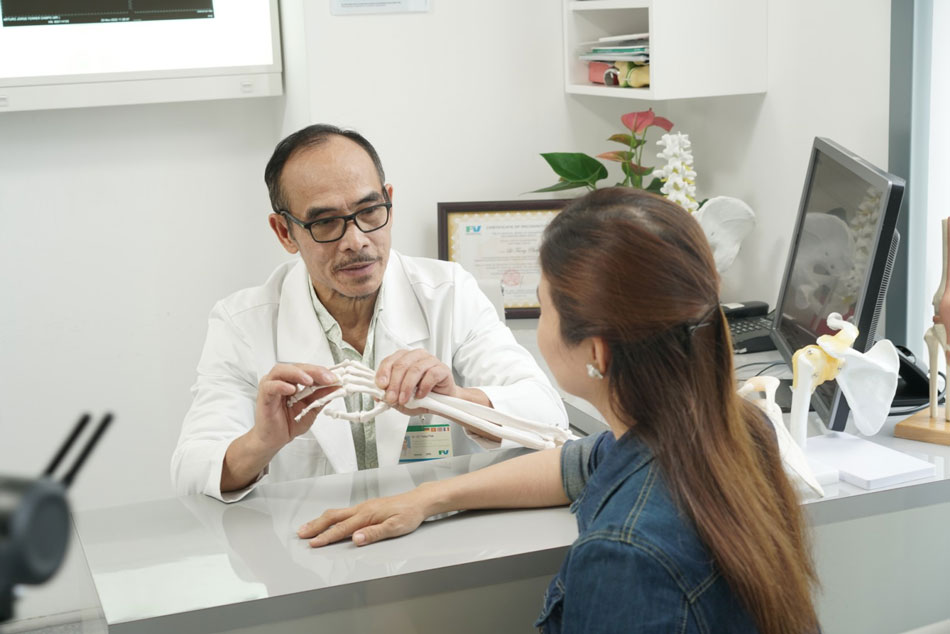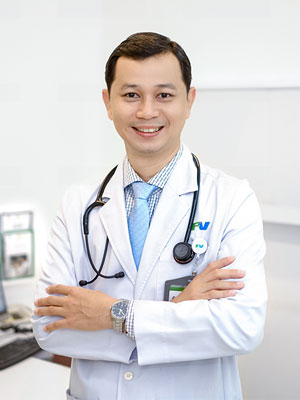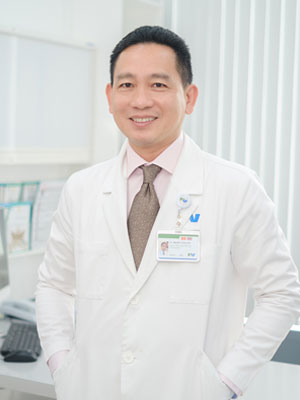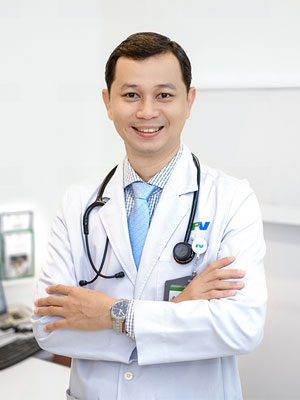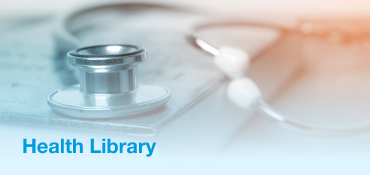Welcome to the FV Sport Medicine Unit, a collaboration between FV Hospital, ACC Chiropractic Clinic, and UpFit – premium personal coaching service. Our team is dedicated to provide evaluation, advice and care to active individuals of all levels including professional athletes. We care for people of all ages who love to be active, want to start a sport, would like to check their fitness or enhance their performance. We provide advice on sport-related injury prevention. We have specialists to treat all types of sport-related injuries and provide customised rehabilitation programmes.
FV Hospital has an array of specialists such Sport Medicine doctor, dieticians and nutritionists, orthopaedics, cardiologists, endocrinologists, ENT and maxillofacial surgeons, and many more, as well as physiotherapists and osteopaths.
ACC’s team of chiropractors and physiotherapists offer biomechanics evaluation, sport injuries prevention and treatment, rehabilitation programmes, and competition support. Visit ACC website at https://acc.vn
UpFit helps people to adopt a healthier lifestyle through customised training programmes like injury recovery training plans and performance enhancement plans. They offer coaching both in home and at their state-of-the-art training facility. Visit UpFit website at https://upfit.com.vn
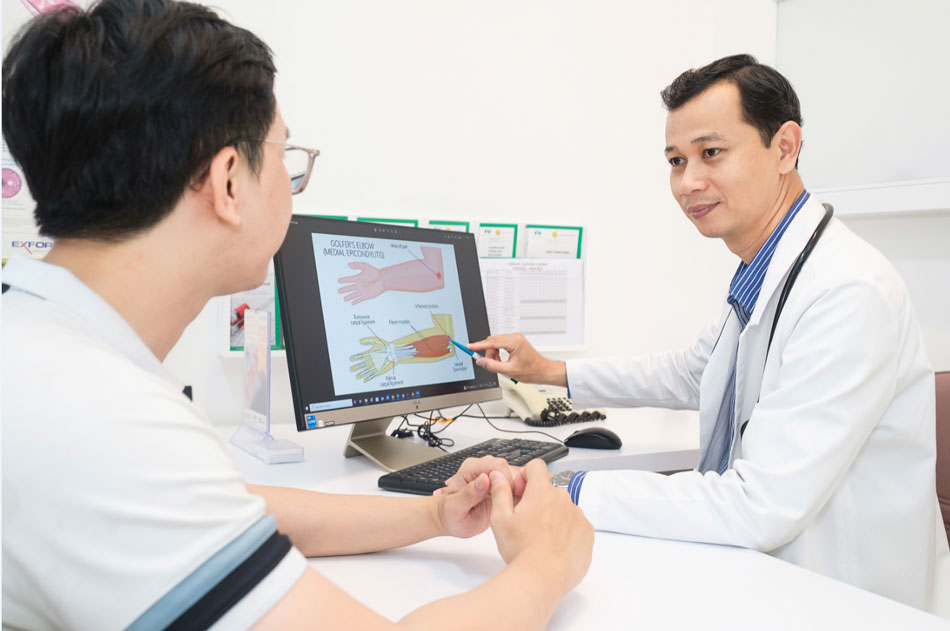
Sport Medicine specialist consultation
FV Sport Medicine doctor provides physical and fitness evaluation, including the full pre-participation physical evaluation programmes (see below), assesses your risk factors and your ability to participate in sports or physical activity, provides advice on fitness enhancement, training, injury prevention or refers you to other specialists like dietician, cardiologist, pulmonologist, or Upfit coaches when needed.
Pre-participation physical evaluation (PPE)
PPE is a medical examination that assesses an individual’s physical fitness and health status prior to participating in a sport or physical activity.
The purpose of the evaluation is to identify any medical conditions or physical limitations that may affect the individual’s ability to participate in the activity, or may increase the risk of injury.
PPE is recommended to the following individuals:
- School and college students who plan to participate in organised sports
- Adults before starting a new exercise programme particularly if it is high-intensity
- Older adults: as we age, our bodies become more susceptible to injury, illness and accidents. PPE can help identify medical issues such as heart problems.
For students, the PPE includes a comprehensive medical history review, including family history of medical conditions. The evaluation will typically focus on the child’s growth and development, as well as any medical conditions that may affect their ability to participate in physical activity.
The results of the pre-participation physical evaluation can be used by the child’s doctor, coach, and parents to make informed decisions about the child’s physical activity and to help ensure the child’s health and safety while participating in sports and other physical activities.
For adults, there are 2 types of PPE:
- The standard PPE that includes evaluation by a Sport Medicine specialist, dietician advice, heart and lung functions assessment, and a biological check-up.
- The comprehensive PPE includes all assessment above and an in-depth evaluation of the heart function.
The PPE can be completed by biomechanics evaluation done at ACC which comprises musculoskeletal history review, foot scan, gait analysis, spinal examination and range of motion.
Click here to see more about Pre-participation Physical Evaluation Programs
Nutrition advice
Physical activity, athletic performance, and recovery from exercise are enhanced by optimal nutrition. Dieticians and nutritionists will recommend the appropriate selection of foods and fluids, timing of intake, and supplement choices and can work with you to develop a personalised nutrition plan that meets your unique needs.
Injury management
Sport-related injuries
Sport-related injuries most often affect the musculoskeletal system.
The musculoskeletal system is the network of muscles, tendons, ligaments, bones, and other tissues that provides the body with stability and enables movement.
The most common injuries include sprains (ligament tear), strains (tendon or muscle tear), tendonitis, bursitis, dislocations, and fractures.
Injuries can affect the shoulder (rotator cuff), the elbow (tennis elbow, golfer’s elbow), the knee (anterior cruciate ligament [ACL] tear or rupture meniscal tear, runner’s knee), the legs (shin splints, hamstring strain), the ankle (ankle sprain, Achilles tendonitis), the face (soft tissue injuries, fractures of the nose, zygoma, mandible, damage to orbital sockets, as well as dentoalveolar trauma), the head (concussions), and many other parts of your body.
Injury prevention
Sport medicine specialists, chiropractors, physiotherapists, professional trainers can give advice on injury prevention. This may include fitness plan, stretching exercises, training programme, advice on the right techniques to play your sport, and on the right equipment and protective gear, as well as general advice like having adequate nutrition and sleep, maintaining good hydration, and ensuring proper healing of a previous injury.
It is important for athletes to improve their strength, flexibility, coordination, speed, and power in order to prevent injuries. Chiropractors have extensive knowledge of the musculoskeletal system and are able to identify any areas of your body that are likely to be prone to injury. They can also recommend treatments and exercises which will strengthen the weaker areas, making you less likely to get hurt. The ACC Golf Performance Enhancement and Injury Prevention plan is quite popular among professional golfers.
Diagnosis and treatment
Treatment for a sport-related injury depends on the type of injury, but minor ones can usually be treated at home by resting, icing, compressing, and elevating (“RICE”) the injured part of the body.
For more serious injuries, professional medical management is required. In some cases, you may need surgery. The sport medicine doctor can help diagnose sport-related injuries, may recommend a variety of treatments, provide pain management, may refer you to a specialist, often an orthopaedics, a maxillofacial or an ENT specialist, and participate to the design of a rehabilitation programme which is usually recommended before resuming the sport that caused the injury.
Rehabilitation is crucial for recovering from sport-related injuries. Physical therapy, strength and conditioning exercises, and other interventions can reduce pain, inflammation, and restore function to the injured area. Other tools such as taping and bracing can provide support and promote healing. Working closely with a team of professionals is key to a successful recovery, allowing athletes to return to their sport with renewed strength and confidence.
The FV team of physiotherapists provides tailored rehabilitation programmes after a surgical procedure for sport-related injury, for example after ACL reconstruction (Rehabilitation following Anterior Cruciate Ligament (ACL) Reconstruction – FV Hospital).
ACC also provides treatment and rehabilitation for a variety of injuries such as ankle sprain, piriformis syndrome, tennis elbow, back pain, tendonitis, joint pain and more (https://acc.vn/en/problems-we-treat/sport-injury/).
Competition support
Upon request, FV and ACC can provide medical support to sporting events such as marathon, triathlon, football games, rugby games, tennis tournaments and more.
Individual support to selected athletes can be offered by ACC chiropractors and physiotherapists in many sports like swimming, golf, basket-ball, boxing, badminton etc.
Dr Nguyen Xuan Vinh
Speciality: Sports Medicine Family Medicine and Check-Up
Language Spoken: Vietnamese, English
Special Interests:
- Sports medicine
- Cardiology
- Metabolic disorders
- Diseases of the digestive system
- Liver diseases
- Depression
Dr Nguyen Trong Anh
Speciality: Orthopaedics & Sport Medicine
Language Spoken: Vietnamese, English, French
Special Interests:
- Shoulder pathology
- Sport medicine
- Arthroscopy


